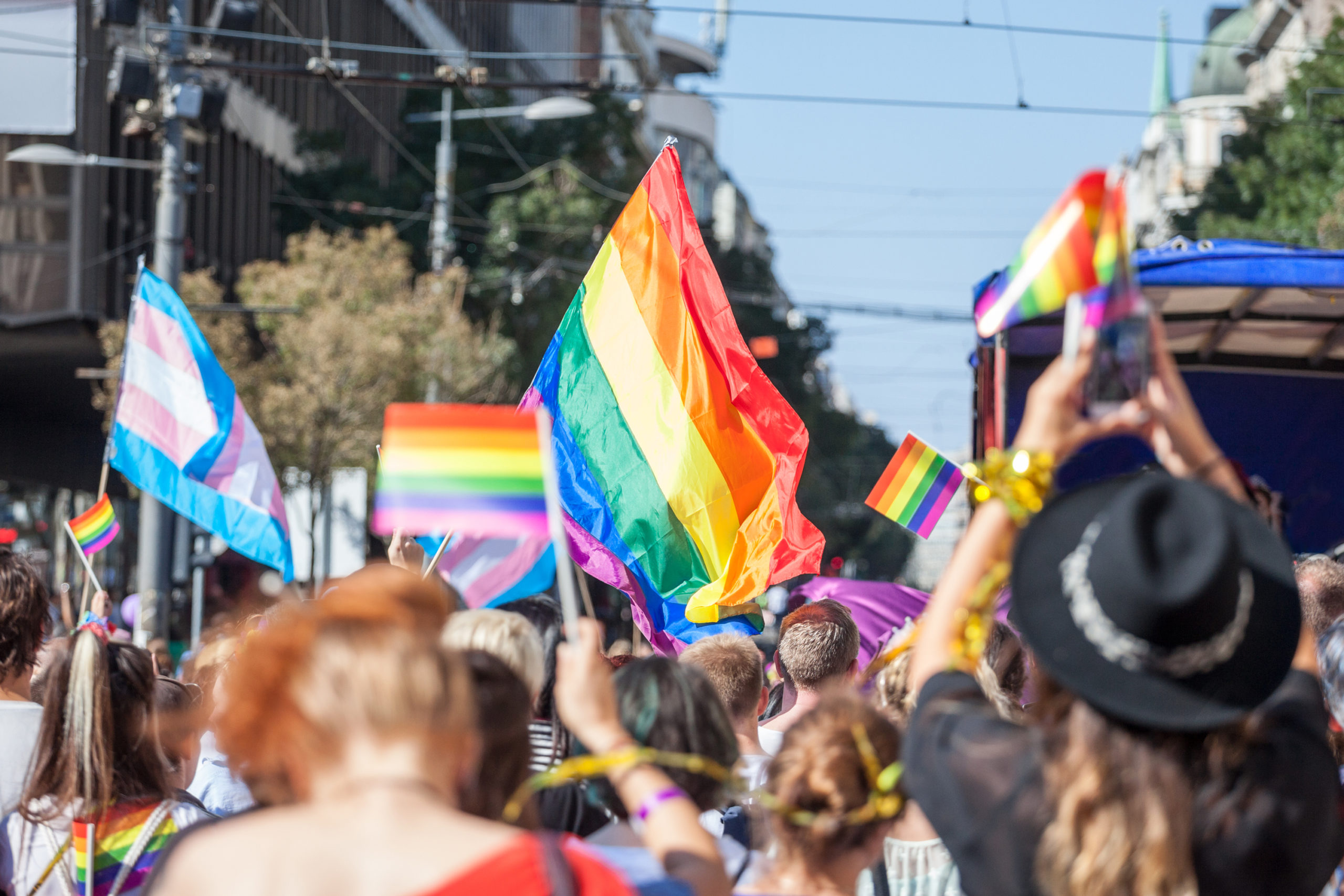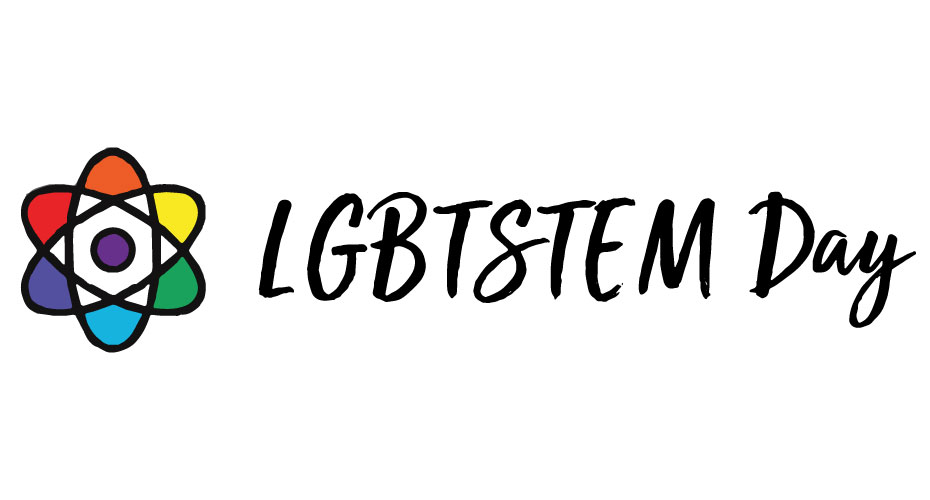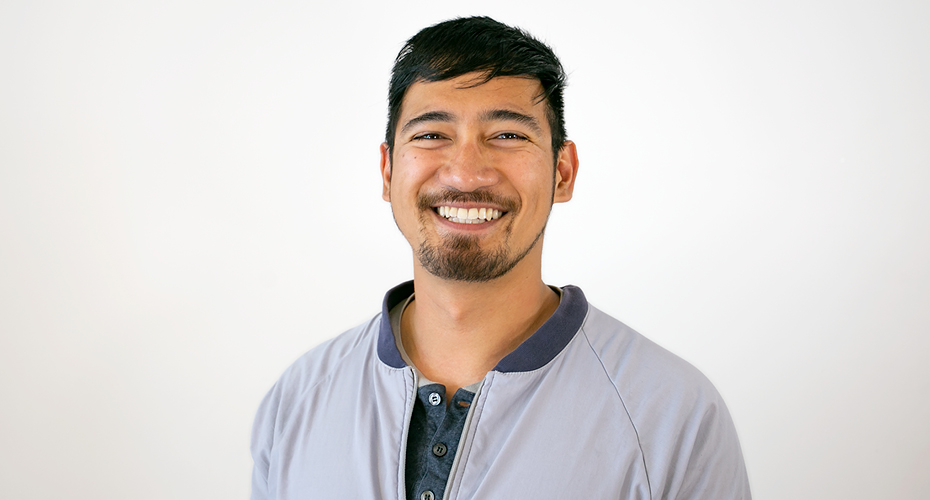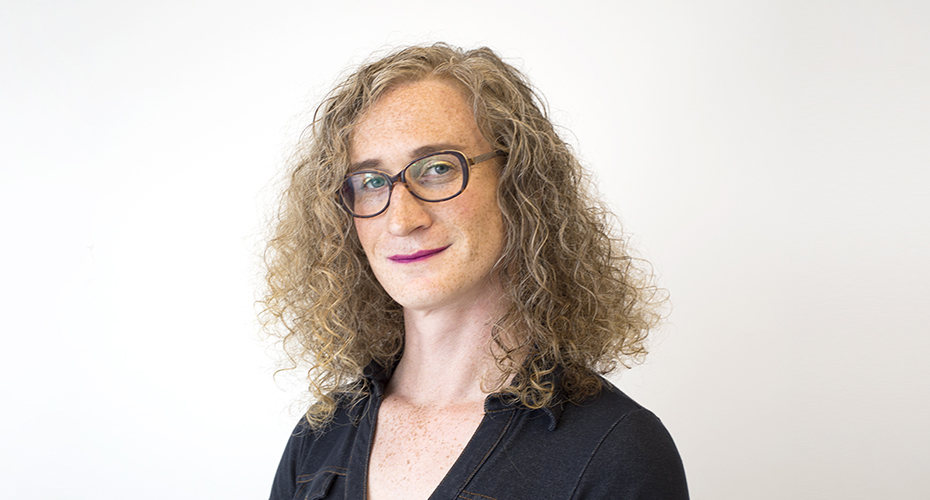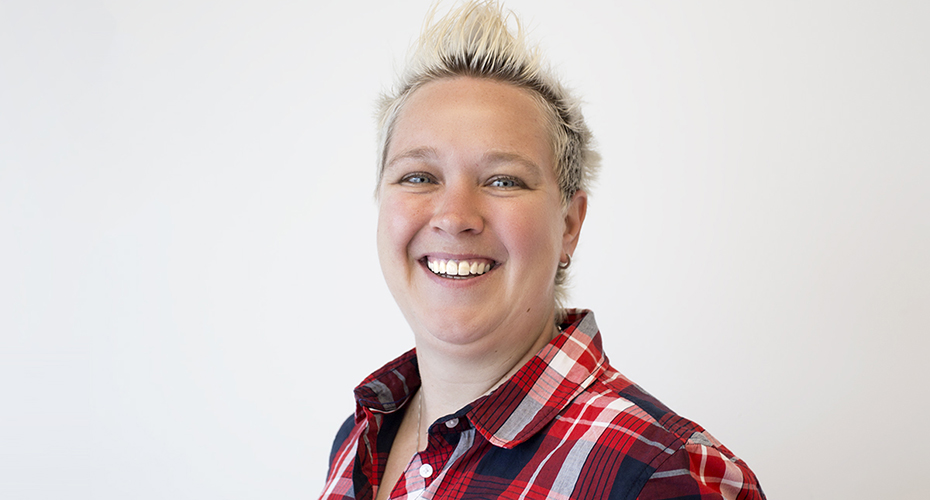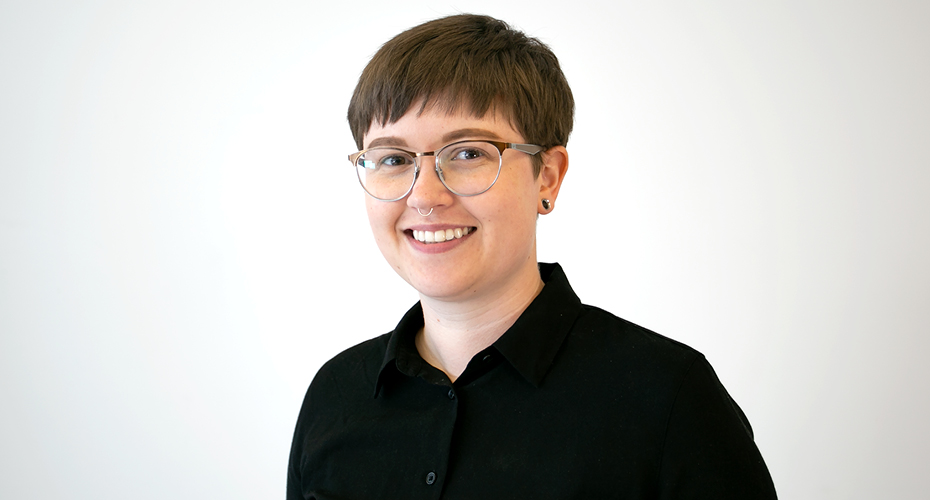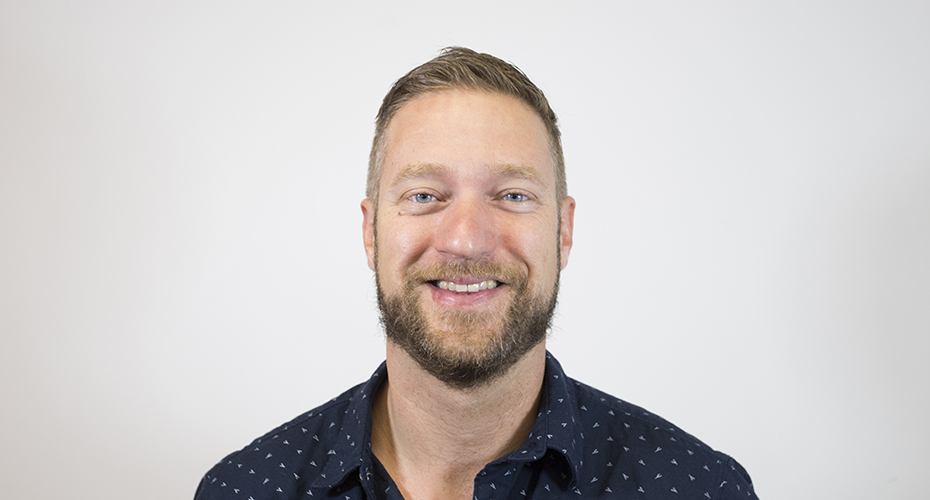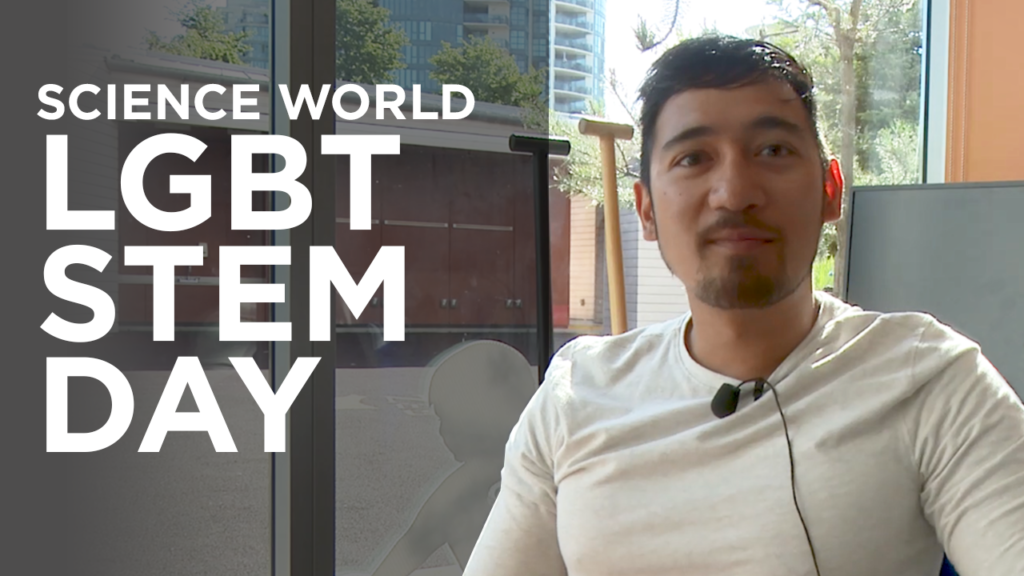In celebration of the International Day of LGBT+ people in science, technology, engineering and math (STEM), we are profiling scientists from the LGBT+ community across the province. Have your own of story? Share it with us in the comments below.
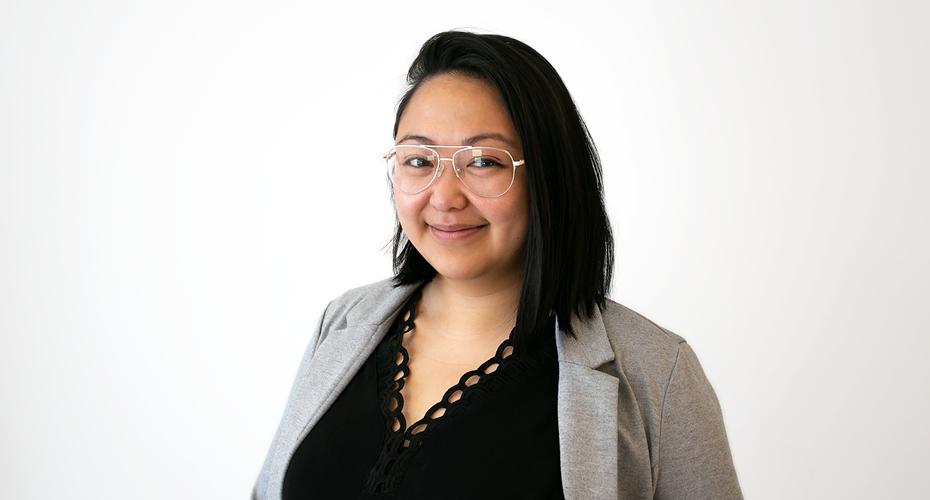
What is your name?
Vienna Chichi Lam
How do you identify?
I am a bisexual CIS woman, landed immigrant, and proud Canadian.
What is your preferred pronoun?
She/Her/Hers
Where did you go to school/university? What did you study?
I am currently pursuing my Ph.D. degree in Criminology (Forensic Anthropology) at Simon Fraser University, and hold bachelor degrees in Archaeology, Anthropology and Criminology.
Where do you work now? What is your job title?
When I am not managing staff at the Centre for Forensic Research as a Laboratory Supervisor or bouncing between different labs and the field for my underwater bone decomposition research, I can be found teaching Forensic Science and Criminal Law classes for the School of Criminology at Simon Fraser University.
What is your field of expertise? What kind of research/work do you do?
Forensic Science is the application of science to law. In my case, I conduct Forensic Anthropological research on how submerged bones change in different environments to provide investigative clues as to where the body has travelled and what happened during that time – what we refer to as the postmortem journey. I’m also conducting studies with the Lifesaving Society on water safety awareness amongst vulnerable populations, as well as geospatial applications for water rescue and recovery missions in collaboration with international research groups.
What sparked your interest in science or engineering?
I had a nomadic lifestyle as a child and was always fortunate to live by the ocean. Despite the disruptive changes in my living circumstances, I found pleasure in the discovery of complex ecosystems underwater. I did not know any scientists or engineers until I entered university, and it was not until the end of my first undergraduate degree did not come to realize that I could pursue underwater research as part of my academic career. I had prepared at length for a different career, but (thankfully) made the decision to choose to merge my interests in law, science, and natural water systems through forensic anthropology.
How has coming out effected your school/work life or career?
I have always been attracted to individuals for who they are and not for what genitalia they have. Prior to university, quite simply put, life was hard. Many of my peers were homophobic, and family members constantly shamed me for being bisexual. My sexuality was so contentious that I had to fly across the Pacific Ocean in hopes of finding a more accepting society. When I entered University, I was overwhelmed with the kindness that I received. It was truly shocking how much support there is for the LGBT2S+ community on campus. My grades improved dramatically, my work life improved, and I now feel as though coming out has little impact on my career. I feel as though I am valued based on my contributions, and my sexuality is just part of who I am.
Do you feel supported in school or at work?
By being selective about where I work and with whom I spend time with, I now feel more supported than I ever have. It’s all about active community building.
Did you have role models in the LGBTQ2S+ community who are scientists or engineers?
I did not know any scientists or engineers growing up. I also did not know anyone that identified with the LGBT2S+ community until early adulthood. I think it’s essential to give youth and early career professionals diverse role models so they can come to see that anyone should be able to pursue any career they want. I use the term ‘should’ because obstacles still exist, so there is still work to be done to make it possible for any persons to pursue their dreams.
How important do you feel is it to have a LGBTQ2S+ role model or mentor?
I did not know any scientists or engineers growing up. I also did not know anyone that identified with the LGBT2S+ community until early adulthood. I think it’s essential to give youth and early career professionals diverse role models so they can come to see that anyone should be able to pursue any career they want. I use the term ‘should’ because obstacles still exist, so there is still work to be done to make it possible for any persons to pursue their dreams.
Looking back, what advice would you give your high school self?
Life gets better when you practice kindness and patience; this applies to how you interact with the world as well as how you treat yourself.
